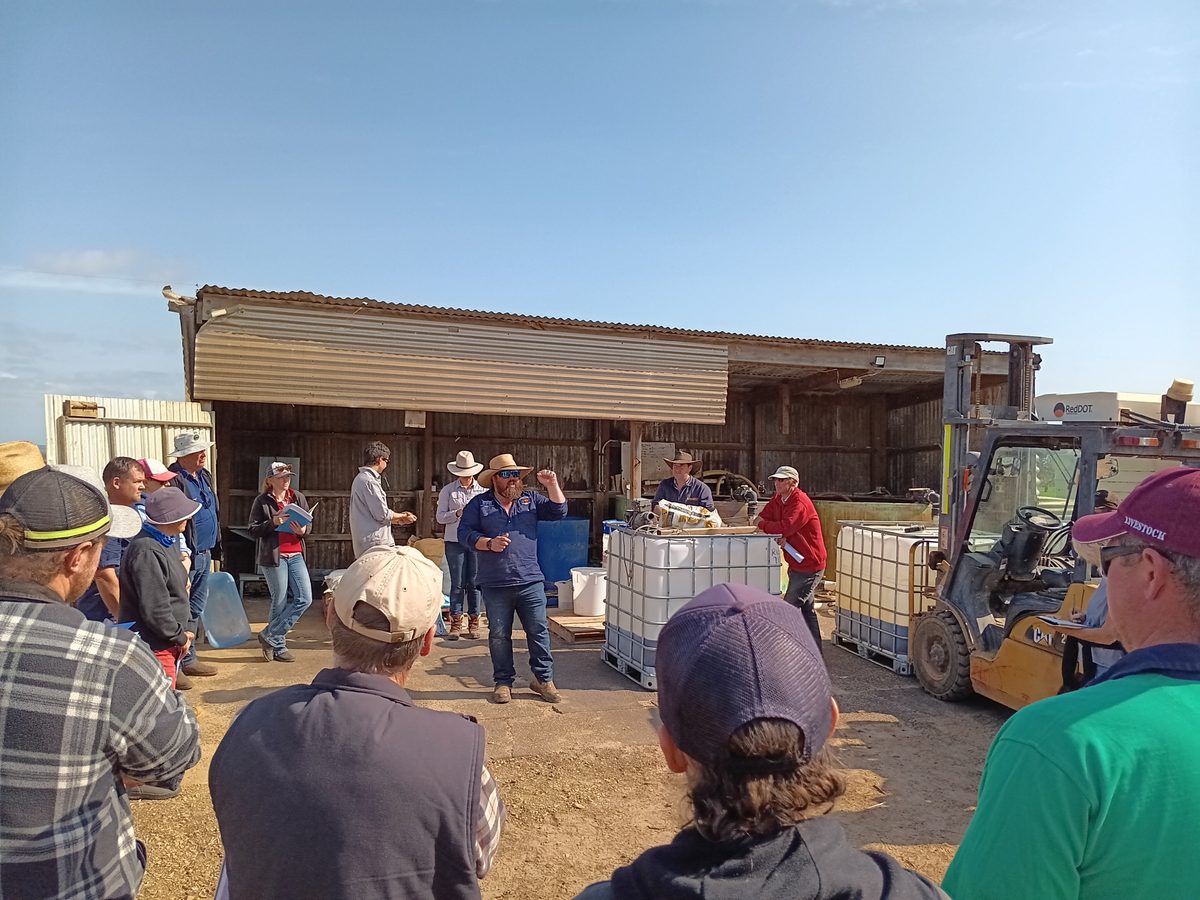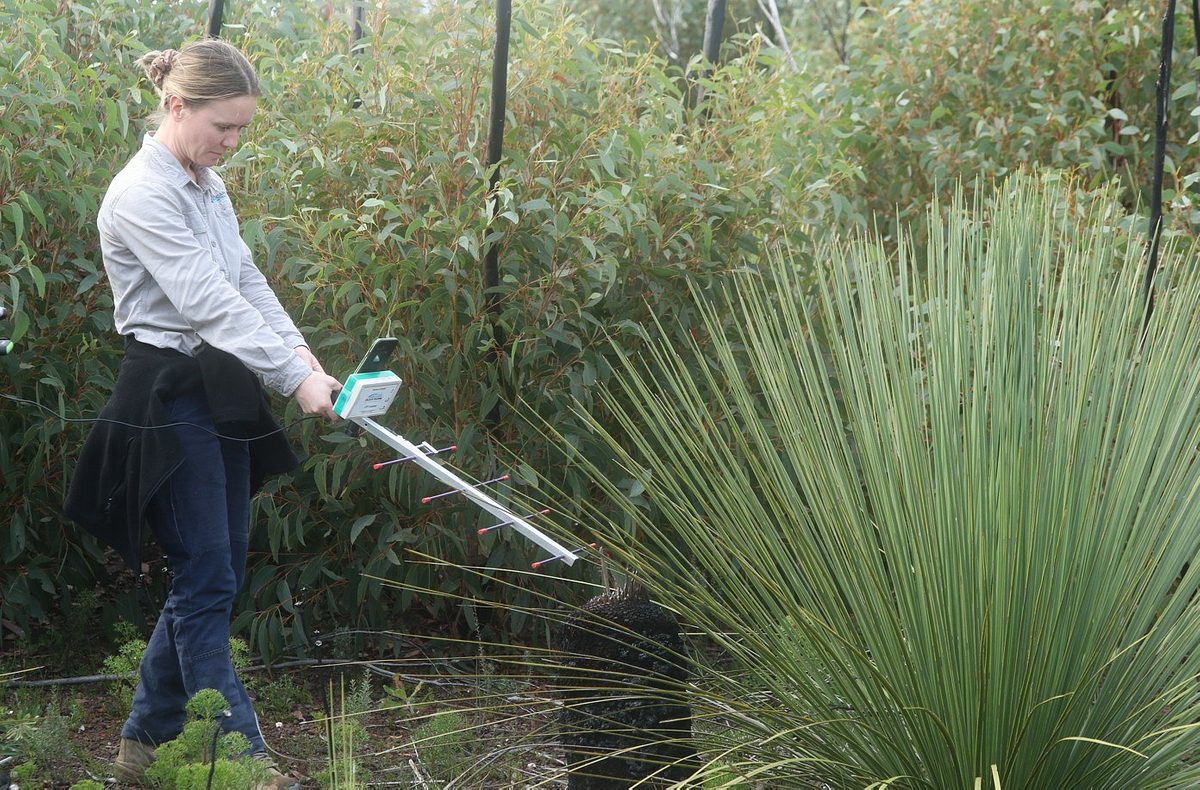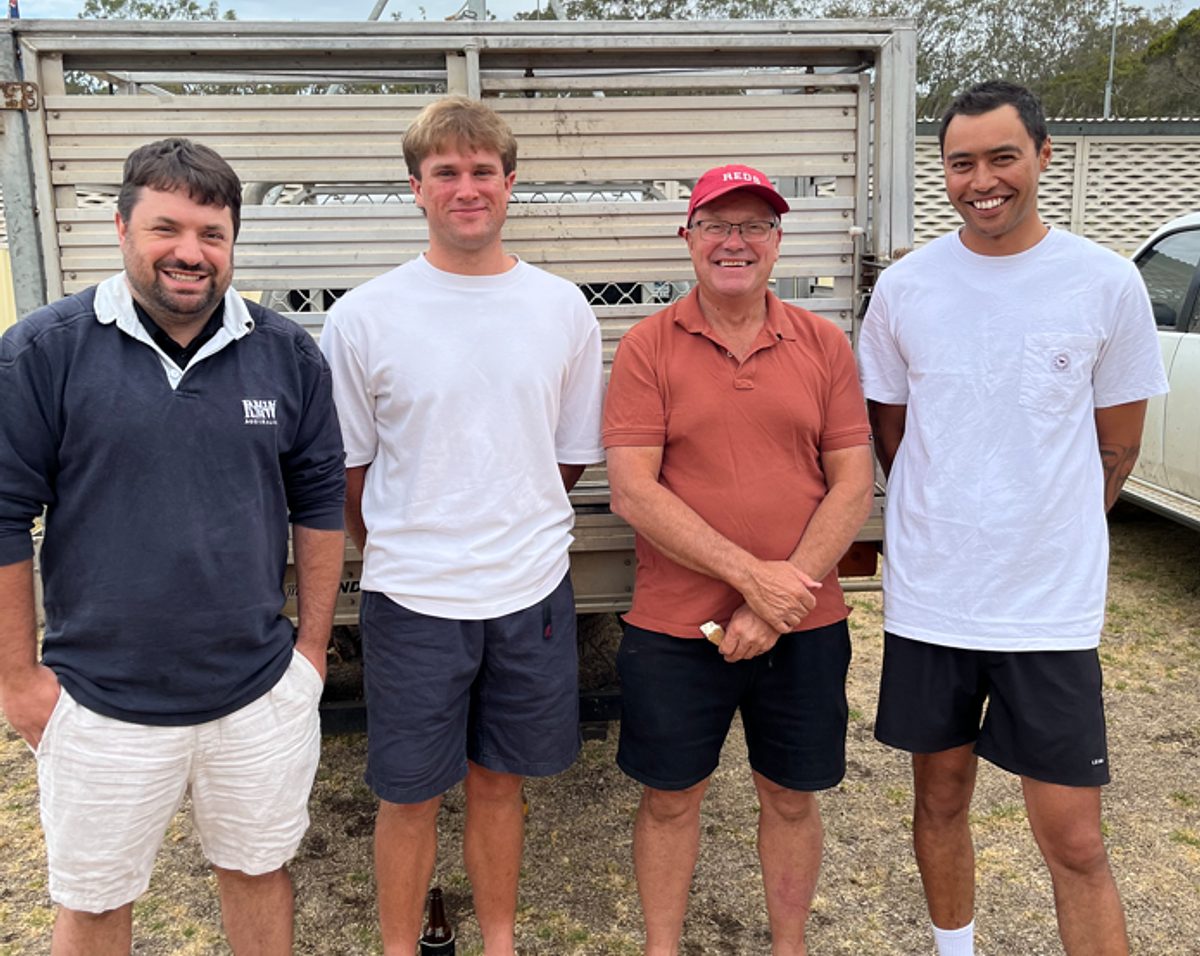Have you seen a European Wasp on KI?
Island-wide monitoring is being undertaken to protect Kangaroo Island and its valuable agricultural industries from the invasive European wasp.
Key messages:
Island-wide monitoring is about to start again to protect Kangaroo Island and its valuable agricultural industries from the invasive European wasp.
European wasps have not established on Kangaroo Island but are common on the mainland. It is vital that the island remain free of the pest, which could cause significant damage to the honey and fruit industries.
Traps have been set up around the townships of Penneshaw, American River, Kingscote and Kingscote Airport, along with some of the major freight depots. The Kangaroo Island NRM Board is continuing its surveillance and monitoring program using wasp traps.
The trapping program allows early detection of a wasp infestation, allowing for viable eradication activities.
The traps will be in place and monitored across the summer, when European wasps are active in South Australia.
If you are interested in helping to monitor a trap in your area, or you think you’ve seen a European wasp on KI, please call Natural Resources KI on 08 8553 4444.
For more information about the wasp go to the Natural Resources KI website http://www.lga.sa.gov.au/webdata/resources/files/European_Wasp_Brochure_2009.pdf or visit natural resources centre in Kingscote.
Quotes attributed to Natural Resources Kangaroo Island’s Biosecurity liaison officer Andrew Triggs
If European wasps established here they would have a big impact on our honey industry as they can attack bees and beehives and rob them of honey. They also damage soft fruits, especially grape crops.
They are also a significant environmental pest, killing native insects and competing with other species, including birds.
Finally, they are a nuisance to people in areas where they are abundant and can affect tourism because they are attracted to foods, drinks and outdoor BBQ areas.
Monitoring on Kangaroo Island for European wasps has been conducted over the last two summers.
Fortunately no European wasps have been detected but the threat still remains.



